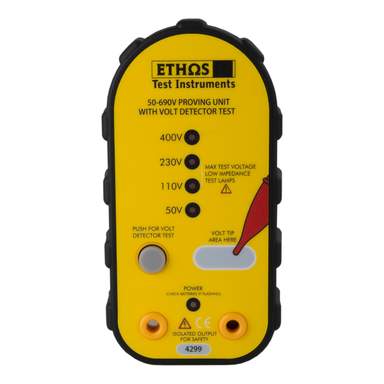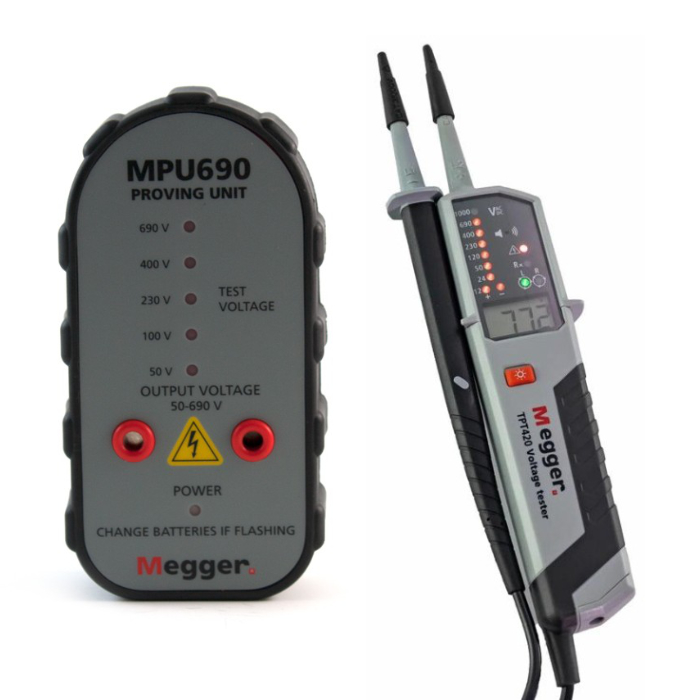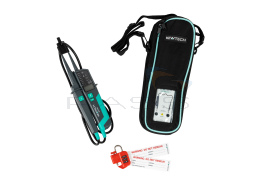C
Cooper_day
Hi everyone,
Which proving unit kit would you recommend? Obviously would be better to don't spend a fortune. Kewtech, Megger, Fluke o Martindale?
Thanks
Which proving unit kit would you recommend? Obviously would be better to don't spend a fortune. Kewtech, Megger, Fluke o Martindale?
Thanks











